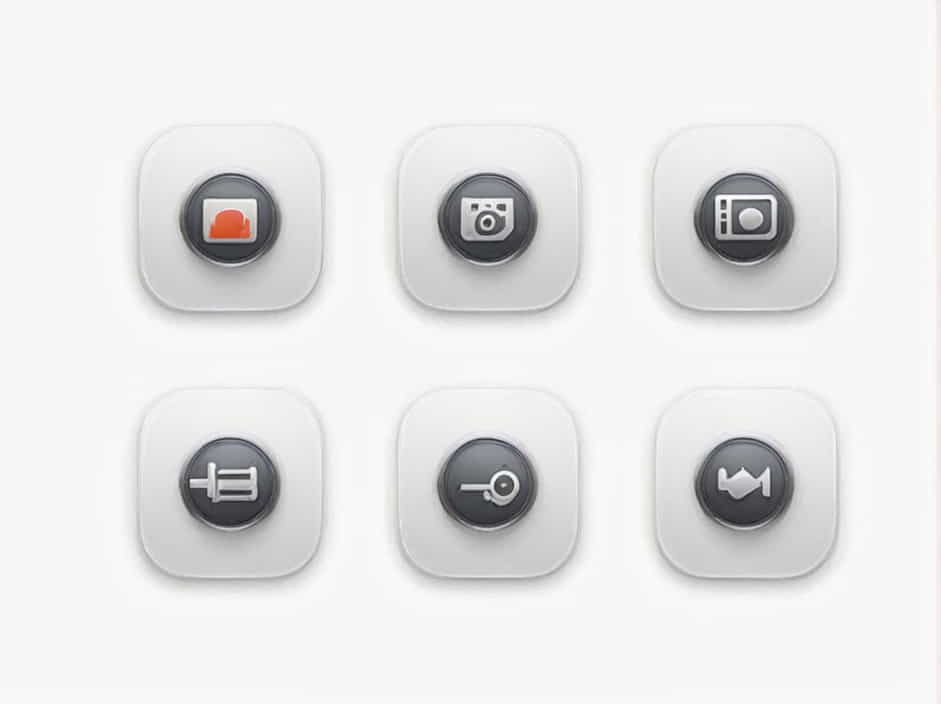Education should be accessible to everyone, regardless of physical or learning disabilities. For individuals who are blind or dyslexic, traditional reading materials can be challenging. This is where recording services for the blind and dyslexic come into play. These services provide audiobooks, digital recordings, and assistive technology to make reading more accessible.
This topic explores how recorded materials benefit individuals with visual impairments and dyslexia, the organizations that provide these resources, and how technology is shaping the future of accessible learning.
What Is Recording for the Blind and Dyslexic?
Recording for the blind and dyslexic refers to the process of converting textbooks, literature, and other reading materials into audio formats. This allows individuals with visual impairments or reading disabilities to access the same information as their peers.
Organizations dedicated to this cause provide audiobooks, digital text-to-speech resources, and Braille materials to ensure that everyone has equal access to education and literature.
Who Benefits from Recorded Materials?
1. Individuals with Visual Impairments
People who are blind or have low vision often rely on audio-based learning. Traditional printed books are not an option, but recorded materials help them continue their education and enjoy literature.
2. People with Dyslexia and Other Reading Disabilities
Dyslexia is a learning disorder that makes reading and decoding text difficult. Listening to recorded books allows individuals with dyslexia to absorb information more efficiently without struggling with printed words.
3. Students with Learning Disabilities
Beyond dyslexia, students with attention deficit disorders (ADD/ADHD) or other cognitive challenges can benefit from audio learning, which allows for better focus and comprehension.
4. Professionals and Lifelong Learners
Blind and dyslexic individuals pursuing higher education or careers can use recorded textbooks, business materials, and legal documents to stay informed and competitive in their fields.
Key Organizations Providing Recorded Books
1. Learning Ally (Formerly “Recording for the Blind & Dyslexic”)
One of the largest and most well-known organizations, Learning Ally provides audiobooks for students, educators, and professionals with visual impairments or dyslexia. Their library contains thousands of textbooks and literature in accessible formats.
2. National Library Service for the Blind and Print Disabled (NLS)
Operated by the Library of Congress, the NLS provides free audiobooks, Braille materials, and digital resources for U.S. residents with print disabilities.
3. Bookshare
A leading online library, Bookshare offers ebooks with text-to-speech features, allowing users to listen or follow along with highlighted text. This service is particularly useful for individuals with dyslexia.
4. Audible and Commercial Audiobooks
While Audible, Apple Books, and Google Play Books are primarily for general audiences, they also provide narrated books that can be useful for individuals with dyslexia or low vision.
How Recorded Books Improve Learning and Accessibility
1. Enhances Comprehension and Retention
Listening to information rather than struggling to read text allows better comprehension and helps individuals retain information more effectively.
2. Provides Independence in Learning
With audiobooks and digital recordings, blind and dyslexic learners can study without relying on others to read aloud.
3. Reduces Eye Strain and Fatigue
For those with low vision or reading disorders, reading printed material can cause eye strain, headaches, and fatigue. Audiobooks provide a stress-free alternative.
4. Increases Educational and Career Opportunities
Access to recorded materials ensures that students and professionals with disabilities can pursue higher education and advance in their careers.
Technologies That Support Audio Learning
1. Text-to-Speech Software
Modern text-to-speech (TTS) tools convert written text into spoken words. Popular software includes:



2. Smart Assistants and AI
Devices like Amazon Alexa, Google Assistant, and Apple Siri help users access audiobooks, news, and educational materials hands-free.
3. Screen Readers
Blind users benefit from screen readers like:



Challenges in Providing Recorded Materials
1. Limited Availability of Some Textbooks
Not all textbooks are available in audio format, which can create difficulties for students who need specific materials.
2. High Cost of Audiobook Production
Recording high-quality audiobooks requires narrators, audio engineers, and editing, making it expensive to produce.
3. Access and Eligibility Restrictions
Some free services require proof of disability, which can be a barrier for individuals who do not have official documentation.
The Future of Accessible Learning
With advancements in AI, voice recognition, and digital libraries, access to recorded materials is expanding rapidly. Artificial intelligence is now being used to generate natural-sounding voices, making it easier to produce high-quality audiobooks at a lower cost.
In the future, more inclusive educational policies and expanding digital resources will ensure that people with blindness and dyslexia have equal access to knowledge.
Recording for the blind and dyslexic is an essential tool that empowers individuals with visual and reading disabilities to learn, work, and enjoy literature. Organizations like Learning Ally, NLS, and Bookshare continue to make a difference by providing audiobooks and digital learning resources.
With ongoing advancements in technology and accessibility, the future of recorded materials looks promising, ensuring that education remains inclusive for all.
